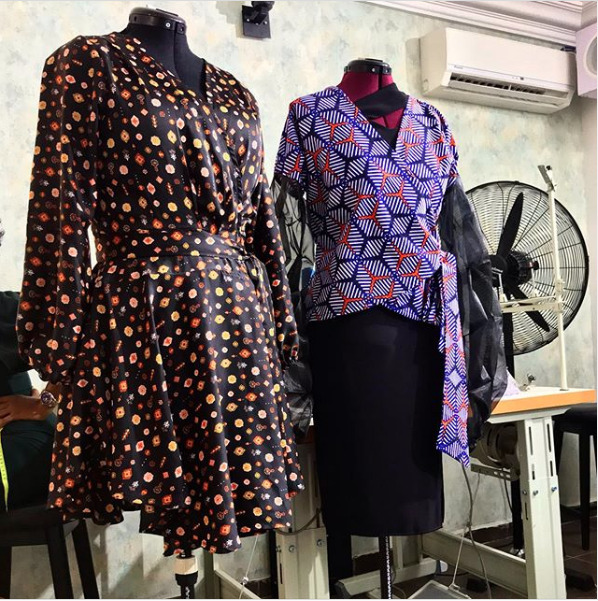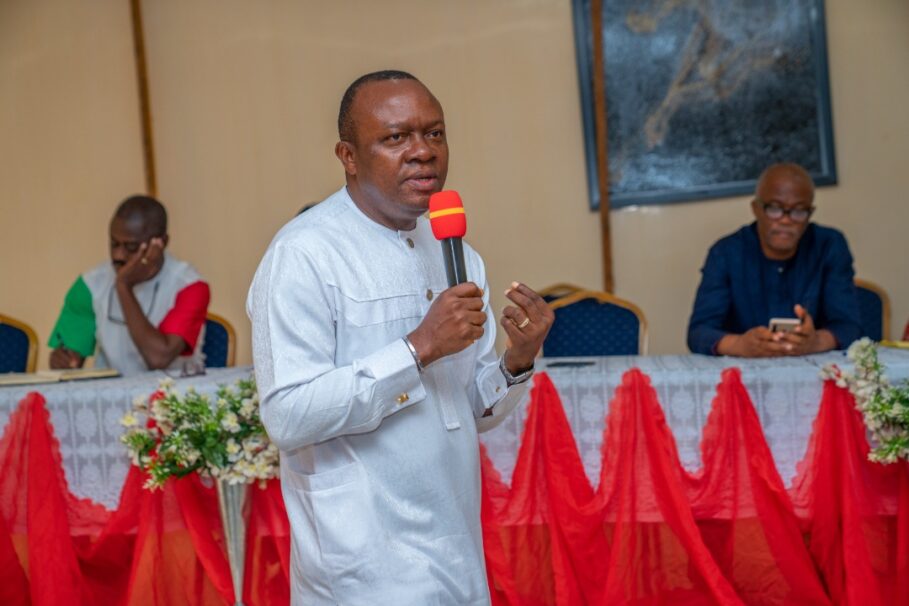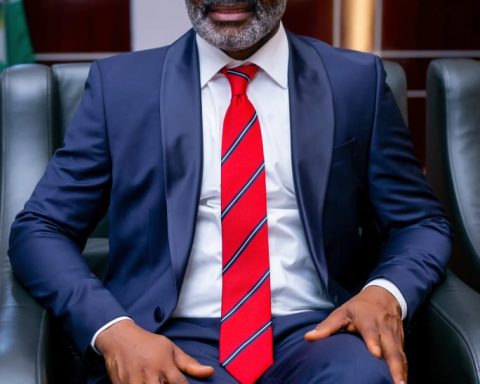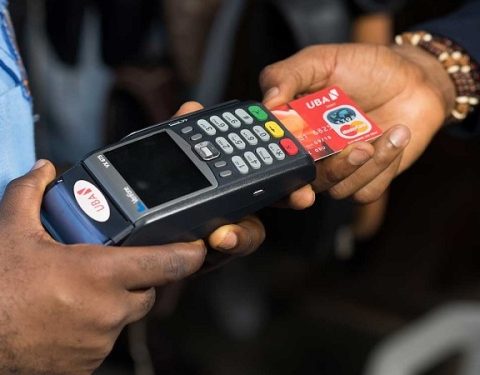“THE worth of a clothing is calculated not just by the materials used in the making but also the brand name, because growth becomes another factor.”
Over the years, there has been a steady rise in number of clothing brands in Nigeria. Gross Domestic Product (GDP) data from the National Burea of Statistics (NBS) shows an average growth of 17% in the textile, apparel and footware sector since 2010.
“Nigerian clothing industry is expanding beautifully. Everyday, we see designers coming up with unique name tags for their items, creating website while pushing at social media and that is a huge development” says Chika, a budding Nigerian brand.
A huge factor has been the direct integration of shopping functionality into social media, with Nigeria recording 1.82 billion in 2020 on the purchase of fashion items online according to a report by PAYU. And leading brands, the like of Style Goes to Church Clothing, DUDLagos, Frank Oshodi, Mai Atafo and others, running at the forefront changing the landscape for Nigerian (African) clothing.
According Ernest, a fashion enthusiast, “Nigerian clothing brands are already the new best thing. They are inclusive, experimental and out-of-the-ordinary, using colors to make cool fashion statements”.
Nigerian brands is howbeit, often the subject of praise as well as contempt. Former Style Editor at BellaNaija, Ijeoma Balogun, recounted that a reoccurring cause of concern following the publication of features on Nigerian brands are comments about the high expense rate albeit appreciation of the designers work.
“Having worked with a couple of Nigerian brands, I think they are superb but sometimes unnecessarily expensive” says Victoria, an influencer.
Also, with access to clothing accessories through thrift, international imports from other countries and other e-commerce site, the Nigerian consumer is open to a wide range of other affordable options. For Ese, a member of the fashion community, “Nigerian brand prices makes me appreciate okirika.”
This begs the question, are Nigerian clothing brands unjustifiable expensive? Or there are other factors that needs to be accounted for.
One of the challenge faced by the industry is the lack of raw materials. The base fabric in manufacturing is cotton and currently, the Nigerian cotton industry is fast sliding into extinction. With Nigeria cotton production put at 51 thousand metric tonnes while global consumption is put at 24 million metric tonnes according to the International Cotton Advisorory Committee (ICAN) 2016 data. “This means that even the Adire that is made locally, the base fabric is imported, the dye we use is imported” says Wura Tapere, Creative Director, Woora.
Another is the lack of infrastructure. Data from the Ministry of Industry, Trade and Investment show that between 1980 and 2016, about 145 companies operating in the textile sector had shut down, due to policy somersaults, poor research & development, poor power supply, among others.
Amidst this, producing locally is not without it’s benefit. “Our screen printing is done by hand giving our material unique edge over those produced in China” says Wura. In agreement, Kenneth Ize maintains that by doing so, sustainable craftsmanship is guaranteed.
Also, according to Chika, “the worth of a clothing is calculated not just by the materials used in the making but also the brand name because growth becomes another factor.” This goes to show that while the production of clothing is locally made or made-in-nigeria, price rates are not automatically less if anything more. Ernest, however, hopes that there be set up of more clothing brands, affordable to the average Nigerian.











